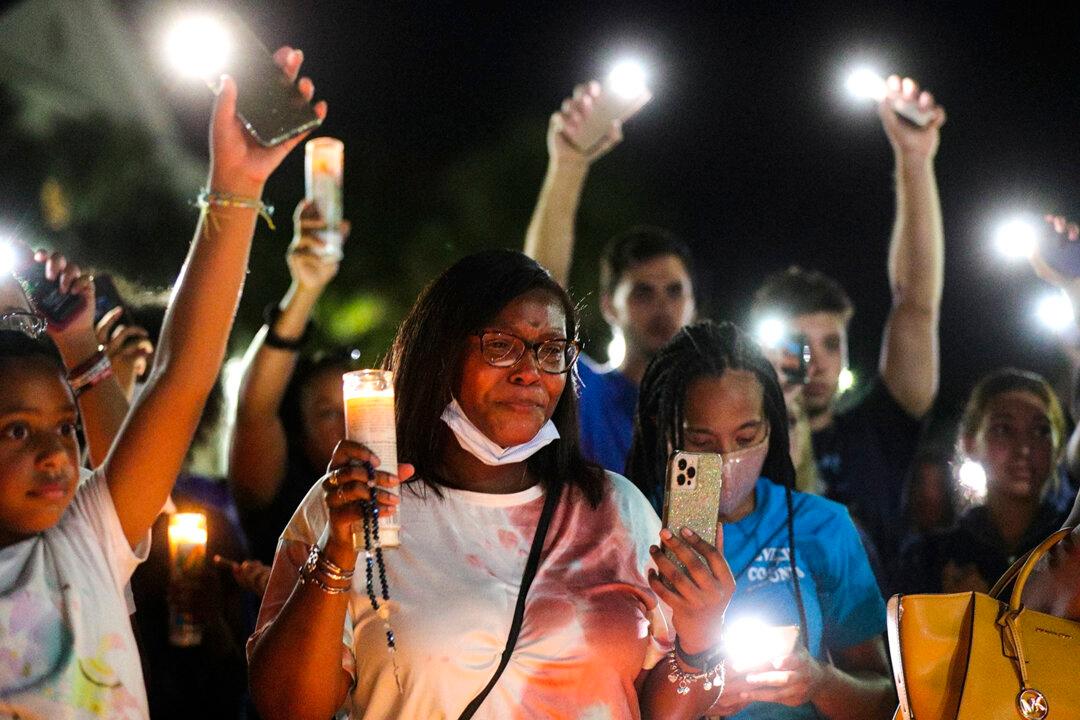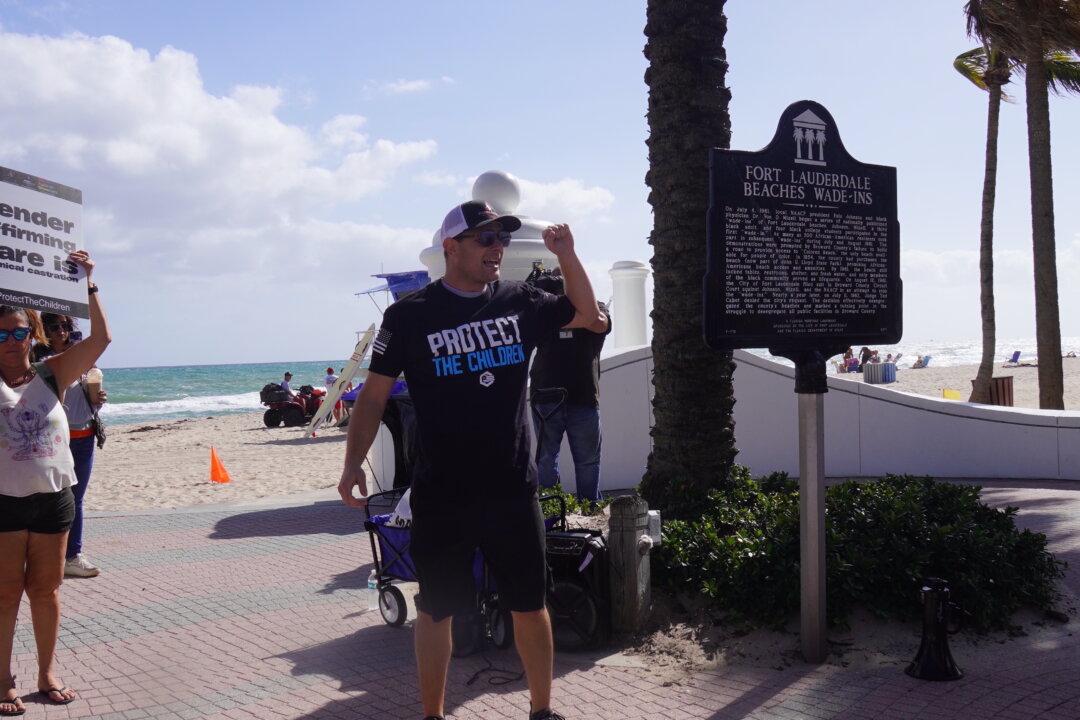PUNTA GORDA, Fla.—A measure that seeks to make apartment complexes safer by requiring background screenings of employees was quietly signed into law by Gov. Ron DeSantis on June 27.
In a private ceremony, DeSantis said the bill, designated as “Miya’s Law,” was signed in honor of Miya Marcano, an Orlando college student who was killed in October 2021 by a maintenance worker at the apartment complex where she lived, according to a statement from the governor’s office.




